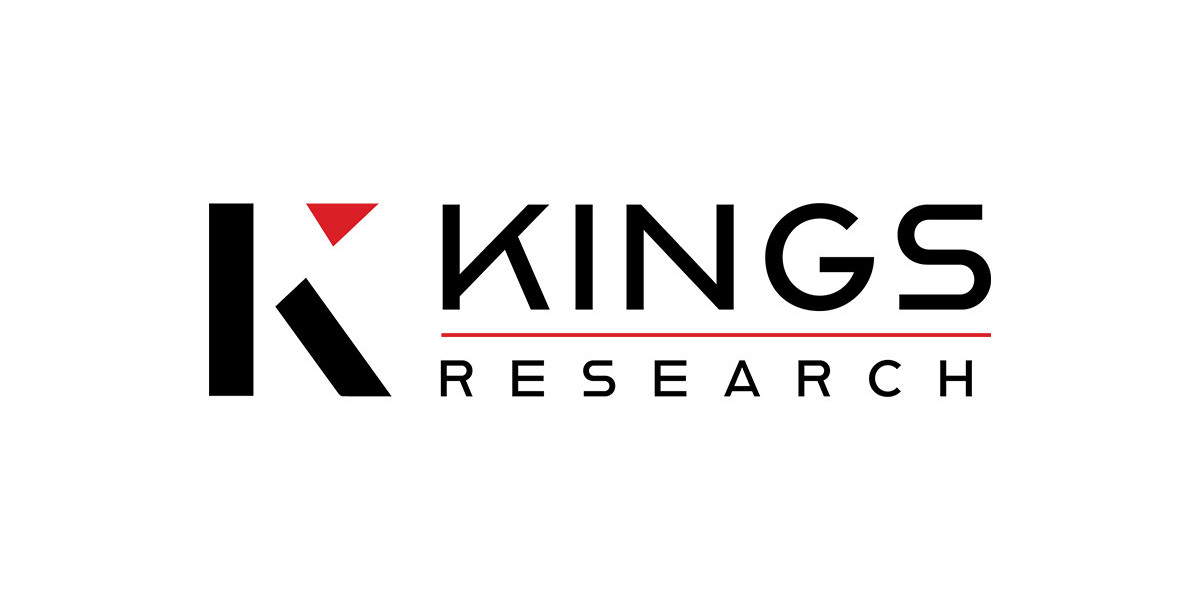In today's competitive landscape, maintaining a robust commercial fleet is essential for operational efficiency and profitability. At Greenhail, we understand the critical nature of commercial fleet repair, ensuring that your vehicles are always in peak condition. Proper maintenance not only prolongs the life of your fleet but also enhances safety, reduces downtime, and improves overall performance.
Understanding the Importance of Fleet Maintenance
Fleet maintenance is a systematic approach to ensuring that all vehicles in a commercial fleet are functioning optimally. This involves regular inspections, timely repairs, and strategic management of all aspects related to the fleet. The significance of fleet maintenance cannot be overstated, as it directly impacts your business's operational capabilities and bottom line.
Preventive Maintenance Strategies
Implementing a preventive maintenance program is vital for any commercial fleet. Regular checks and servicing can prevent minor issues from escalating into major repairs. Key components of an effective preventive maintenance strategy include:
Scheduled Inspections: Regularly scheduled inspections help identify wear and tear before they lead to significant problems. This includes checking engine performance, brake functionality, and tire conditions.
Fluid Checks and Changes: Regular monitoring and changing of essential fluids—such as oil, coolant, and transmission fluid—are crucial for maintaining engine health and preventing breakdowns.
Battery Maintenance: Fleet batteries should be tested periodically to ensure they are holding a charge and are in good working condition. This includes checking terminals for corrosion and ensuring proper fluid levels.
Common Fleet Repairs and Services
Understanding common issues that can arise in a commercial fleet can help in developing a proactive repair strategy. Below are some of the most prevalent repairs required for commercial vehicles:
Engine Repairs
The engine is the heart of any vehicle, and its failure can lead to significant operational disruptions. Regular diagnostics and timely repairs are necessary to address:
Overheating Issues: This can stem from various causes, including coolant leaks or radiator malfunctions. Prompt attention is needed to prevent severe engine damage.
Fuel System Repairs: Problems such as clogged fuel filters or faulty injectors can severely impact performance. Regular cleaning and inspection can help mitigate these issues.
Brake System Maintenance
Brakes are critical for safety in any commercial fleet. Regular inspection and repair of brake systems include:
Pad Replacement: Worn brake pads can lead to reduced stopping power and increase the risk of accidents. Regular checks can help in timely replacements.
Fluid Checks: Brake fluid should be monitored for contamination and replaced as necessary to ensure optimal performance.
The Role of Technology in Fleet Repair
Technology plays an increasingly vital role in managing fleet repairs. Advanced diagnostic tools and software can streamline the maintenance process, offering several benefits:
Telematics Systems: These systems monitor vehicle health in real time, allowing for early detection of issues and efficient scheduling of repairs.
Fleet Management Software: This software can track service histories, schedule maintenance tasks, and manage repairs, ensuring nothing is overlooked.
Choosing the Right Fleet Repair Service
Selecting a reputable fleet repair service is essential for ensuring that your vehicles receive the best possible care. Here are key factors to consider:
Experience and Expertise
Look for a repair service with extensive experience in handling commercial vehicles. A knowledgeable team will be familiar with a wide range of models and the specific repair needs associated with each.
Comprehensive Services Offered
A reliable fleet repair service should offer a full spectrum of services, including:
Routine Maintenance
Engine Diagnostics
Electrical System Repairs
Bodywork and Collision Repair
Tire Services
Cost-Effective Fleet Repair Solutions
Managing costs while maintaining a fleet is a delicate balance. Consider these strategies to optimize your fleet repair expenditures:
Routine Maintenance Over Emergency Repairs: Preventive maintenance is often more cost-effective than emergency repairs. Regular upkeep reduces the risk of sudden breakdowns and their associated costs.
Bulk Service Agreements: Establishing service contracts with repair facilities can lead to discounts and better rates, making it a viable option for businesses with larger fleets.
Environmental Considerations in Fleet Repair
As the focus on sustainability grows, so does the need for environmentally conscious repair practices. Implementing green repair solutions can include:
Recycling Parts: Opting for refurbished or recycled parts can significantly reduce waste and lower costs.
Eco-Friendly Fluids: Utilizing environmentally safe fluids and materials in repairs can minimize ecological impact.
Conclusion
In the realm of commercial fleet repair, prioritizing maintenance and choosing the right service provider can profoundly influence your fleet's efficiency and longevity. At Greenhail, we are committed to providing top-notch fleet repair solutions tailored to meet the unique needs of your business. By implementing comprehensive maintenance strategies, leveraging technology, and focusing on cost-effectiveness, we ensure that your fleet remains reliable, safe, and ready to perform.









